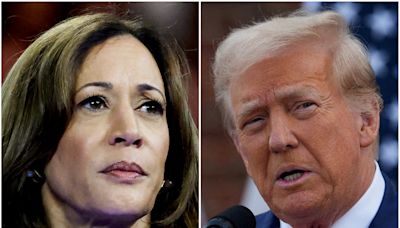Search results
1. I would use 'on' because a weekend is two days (or more). 'At' is more particular, for a smaller place or shorter time, whereas on/in are used for longer durations or larger spaces. "Let's eat at an Italian restaurant at 9pm" against "Let's eat in downtown on Friday". Going by this logic, 'on' should be used.
Nov 28, 2018 · When we use time adverbs with 'this' /this week, this year, this month, etc./, no preposition is necessary. You can express the period 'on Saturday and Sunday' with 'at the weekend' /British English/ or 'on the weekend /American English/.
Aug 16, 2012 · A week begins on a Monday and ends on a Sunday. That is why Sat and Sun are collectively known as the "weekEND". So, for a week beginning on the 24th of a month: (1) 24th would be a Monday. The 29th and the 30th would be the "weekend". (2) The dates from 24 through 30 comprise the "week of the 24th".
May 2, 2017 · 1. As has been pointed out several times on this site, Her Majesty and her subjects never do things "ON" the weekend. They do things "on" Saturday, and "on" Sunday, but NEVER "on" the weekend. They do things AT the weekend and OVER the weekend (seldom "during" the weekend). – WS2.
Nov 18, 2012 · The latter two sentences have slightly different meanings. "It's the weekend" is an announcement about the date, as in: "Today is Tuesday. Do you know what that means?" "It's a weekend" is the answer to a question about the part of the week two particular days are, as in: "This flyer says that the convention's on March 16-17, 2013.
The answer is “this weekend”, as in “I will see her this weekend.”. Depending on which weekend you mean, you could also say “next weekend”, which is the weekend following “this weekend”. “On the weekend” is sometimes used, but sounds odd to me. “During the weekend” would only be applicable if you were clarifying that you ...
Immediately following, as in time, order, or sequence. Following this definition, "next weekend" will always mean the weekend with the start date in closes proximity in time. If the phrase is used during a weekend, of course, you'd be referring to the weekend following the one you are currently experiencing.
May 19, 2021 · 13 1 3. 5. At least in British English, at the weekend can mean 'at weekends in general' as well as 'this coming weekend'. – Kate Bunting. May 19, 2021 at 9:30. Checking Google ngrams to try to gauge idiomaticity is considered basic research on ELU. – Edwin Ashworth. May 19, 2021 at 10:21. Add a comment.
Jul 1, 2016 · Technically "Bye. Have good weekends" is correct in that he is wishing each individual a good weekend, using the collective noun for all of your weekends. However, colloquially this strikes me as lazy grammar. Expansions would be more like: Bye, I hope each of you has a good weekend; Bye, I hope you all have a good weekend
Oct 29, 2018 · 1. In answer to your first question there are two possible ways of talking about a plurality of weekends. "We will get the job finished by working weekends, for the rest of the year", and "We will get the job finished by working at the weekend, for the rest of the year" are saying exactly the same thing. Both are idiomatic.






